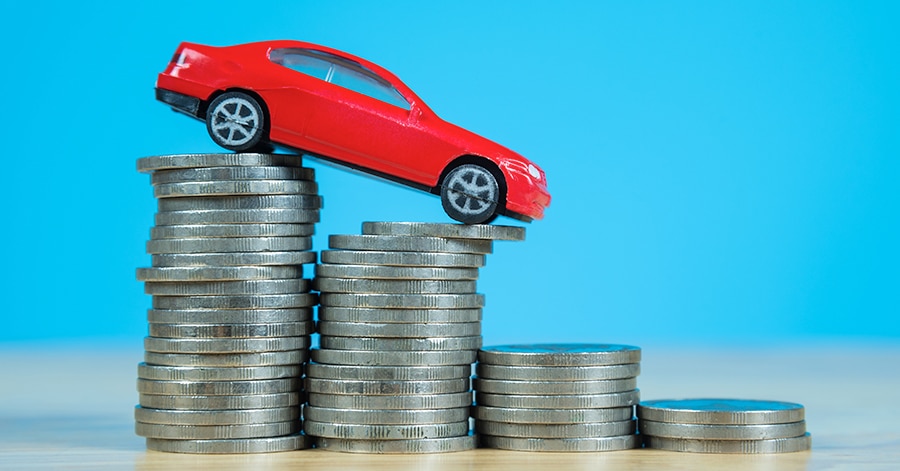What are the Downsides of Cheap Car Insurance?

We all want to save money on car insurance, but sometimes it’s not worth it. Before you sign up for a policy that claims to save you a lot of money, consider the tradeoffs. Know the worst-case scenario. What will the policy cost you if you have a total loss? No one wants to think that way, but you must know what it will cost you in the end. This also helps put the ‘cheap’ aspect of the policy in perspective.
Aside from the financial aspects, cheap car insurance has other downsides too. We help you understand them below.
Less Support From the Staff
Insurance companies have a lot of overhead. If you find an insurance company that charges much lower premiums than everyone else, they need to give somewhere. Typically, it’s in the staffing. The insurance company will either have fewer employees, have fewer customer service hours, or limit how you can contact customer service.
Either way, you may not have the support you need at the worst times. For example, if you have to file a claim, you want support right away. If you have long wait times, can’t speak to someone, or get someone that doesn’t know what they are talking about, it can increase your stress.
You May Not Have Enough Coverage
Lower premiums typically mean less coverage. For example, many people only take the state-mandated amount of insurance. Let’s say your state requires $15,000 in bodily injury insurance. If you cause a car crash and passengers in the other car get hurt, your insurance covers their medical bills. What if their medical bills exceed $15,000? You are on the hook for the rest. We all know medical bills aren’t cheap, so you could be looking at thousands of dollars out of your own pocket.
You May Have a High Deductible
While we can’t speak for all insurance companies, it’s a common rule that the lower your insurance premium, the higher the deductible. If you find really ‘cheap’ insurance, make sure you are clear on the deductible. Ask about the deductible for each type of insurance too, including comprehensive, collision, and liability.
Sometimes the higher deductible isn’t worth the lower premium. For example, if you save $100 a month on the premium, but you have a $5,000 deductible, it may not be worth it. Let’s say the worst happens and you total your car. You would be on the hook for the first $5,000 in damages. Taking the lower premium only saved you $1,200. This means you still come out $3,800 in the hole.
You May be Without a Car After a Crash
If you have cheap car insurance and end up in an accident, you may be liable for thousands of dollars in damage. If you can’t afford it, you may be without a car until you save the money to fix your car. Rather than risking this, you could take a better insurance policy. Yes, you’ll pay higher premiums, but you won’t have to worry about paying out thousands of dollars if you cause an accident.
Do Your Due Diligence When Buying Cheap Car Insurance
Before you accept cheap car insurance, know what it covers. Ask the following questions:
- What’s the deductible?
- What’s the worst-case scenario if I total my car?
- What are the customer service hours to file a claim?
- How much coverage do I have? Does it cover the cost of the average accident?
Then shop around. Don’t rely on a quote from one insurance company. See what is available out there. Get quotes from at least three insurance agents. Ask them each for the same type of coverage so that you can compare apples-to-apples.
Also, get quotes for slightly higher coverage or for a slightly lower deductible. Do the math to see how much you actually save by taking the ‘cheaper’ car insurance. Chances are that you’ll find cheaper doesn’t mean better. In the end, the lower premiums end up costing you more if you have to use the insurance. While we all hope we don’t have to use insurance, no one can predict the future; it’s better to play it safe.
